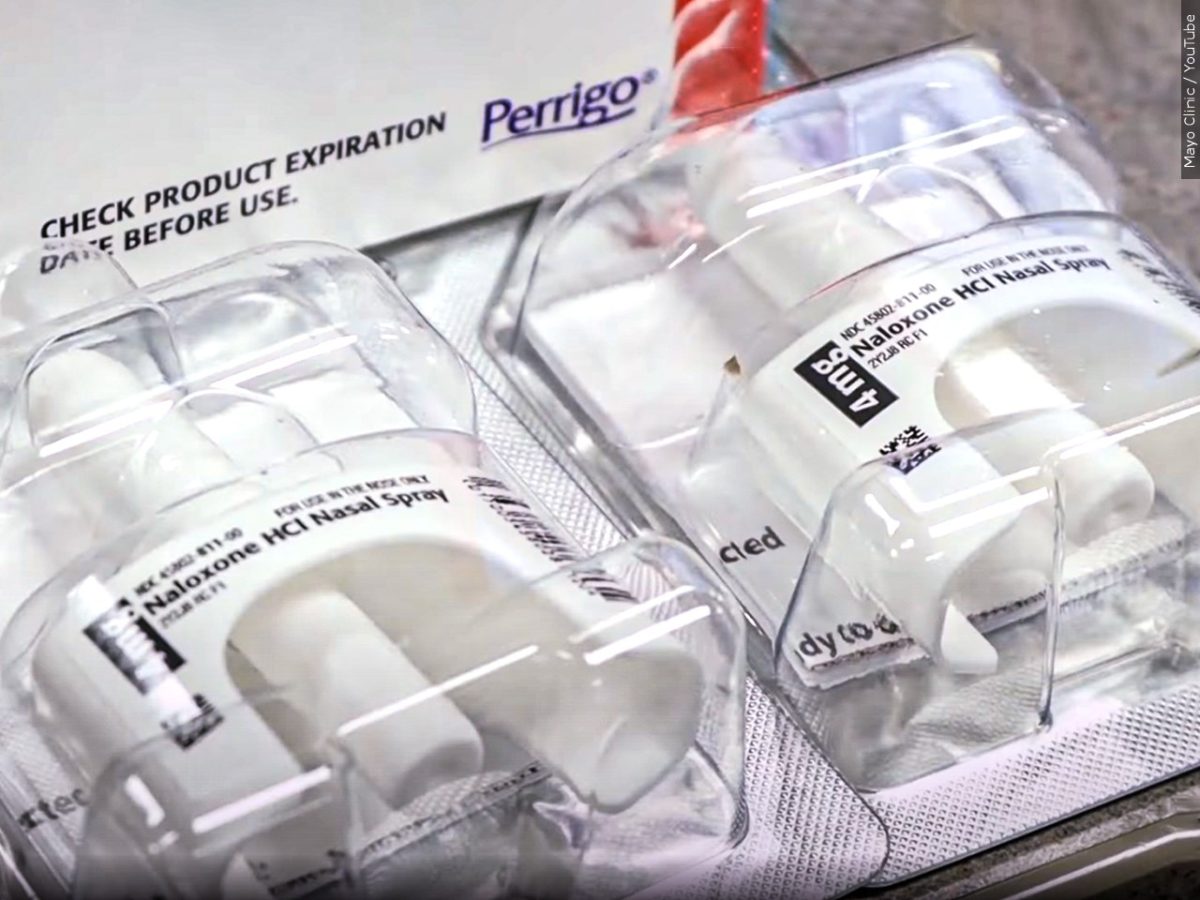The opioid epidemic is ever-growing in Georgia, and lawmakers are trying to figure out a way to help combat it. The rate of drug overdoses is rising fast, being the largest cause of accidental deaths in individuals between the ages of 18 and 45.
In the state capitol, a bill has been passed to help fight overdose deaths, allowing for Narcan vending machines to be available on college campuses. The usage of these vending machines would make it safer in the event of an overdose, cutting out the need for a Narcan prescription.
Naloxone, the medical name for Narcan, is a life-saving drug that can be administered to reverse the effects of an opioid overdose. Using Narcan could be the difference between life and death for those in crisis and would be free of charge through these vending machines.
“The signs and symptoms of an opioid overdose are loss of consciousness, less than 10 breaths per minute, they might be gurgling or gasping but not breathing, blue lips and fingers, pinpoint-prick pupils and vomiting,” said Marie Puckett, an administrative manager at GC’s Wellness and Recreation center.
Knowing the signs of an overdose in emergency settings is key to being able to administer the Narcan quickly to save a person’s life.
“I do know how to administer Narcan,” said Alexa Harvey, a junior nursing major. “The school provides Narcan training for nursing students during a clinical for our class.”
Narcan can be given to a person through an IV or nasally, which is most common. Some students worry that too much accessibility to Narcan could potentially promote drug usage, making it safer to take the drugs in the first place.
“I do think it could promote drug use since people wouldn’t have to worry about overdosing as a threat to their lives,” said Blake Barker, a sophomore nursing major.
Other students agree with the accessibility of Narcan being raised because of how it would work.
“Although Narcan is more readily available, people still have to pay for Narcan in most cases, which I believe won’t spike the use of drugs because those taking the drugs would have to go out of their way to get the Narcan either way,” Harvey said.
The thought of having to save anyone from a potential overdose is scary, but it is important to know that you cannot hurt the patient with Narcan.
“If someone is not having an opioid overdose, the naloxone isn’t going to hurt them,” Puckett said. “It is only going to have a reaction in the body if there is an opioid present in the body. With that being said, you cannot overdose on naloxone.”
Anonymity is another one of the highlights that comes with the use of vending machines, as no records of who received the treatment will be kept. The shelf life of Narcan is two to three years, making the product that does not get used immediately sustainable.
Since this bill has passed, these vending machines will be available for companies to purchase for approximately $4,500-$7,400, and many college campuses are ready to purchase them. With the death toll caused by opioids rising, especially in the Atlanta area, access to Narcan is something many schools want to invest in for their students’ safety.


